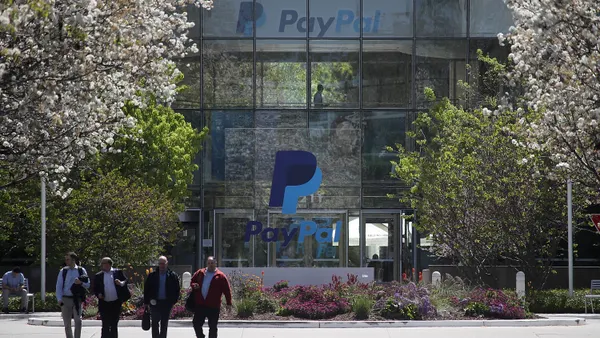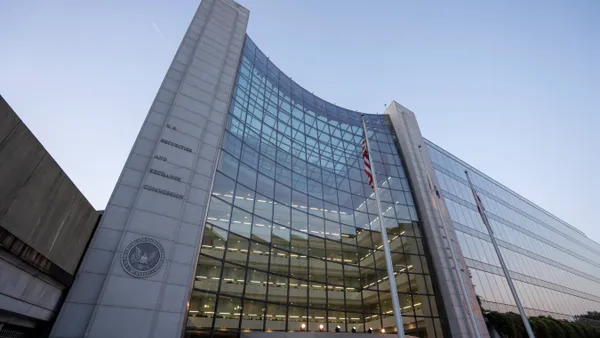Baptiste Collot is the founder and CEO of automated fraud prevention services provider Trustpair, which is based in Paris, France with a U.S. headquarters in New York. Views are the author’s own.
With the advent of artificial intelligence, a new era of sophisticated fraud schemes has arrived, and many corporate finance departments are unprepared for the onslaught.
In a recent example, a finance worker at a multinational firm was reportedly duped into paying $25 million to fraudsters using deepfake technology to pose as the company’s CFO in a video conference call.
Ninety-six percent of U.S businesses were targeted by at least one fraud attempt in 2023, a 71% increase from the year prior, Trustpair found in a recent survey. CFOs face an increasingly daunting fraud landscape. The cyber fraud surge, with its complex and evolving nature, demands an urgent reassessment of defenses.
Fraudsters now leverage AI-based technology — ChatGPT among others — to craft convincing scams. From fake websites and deep-fake phone calls to AI-generated text messages and phishing schemes, these sophisticated techniques make manual fraud detection methods obsolete.
Financial and reputational damage: a dual threat
With fraud costs accelerating rapidly, the stakes are high for CFOs. In the past 12 months, 36% of U.S. companies suffered fraud losses exceeding $1 million on average and 25% suffered losses over $5 million.
Beyond the direct financial impact, the other effects of fraud cannot be ignored. Other potential impacts include damaged reputations with investors, decreased stock price, legal action, and severed ties with key partners. In fact, 66% of businesses would stop working with an organization if they fell victim to payment fraud and lost their payment. This highlights once again the table stakes nature of fraud prevention and cyber safeguards for CFOs.
While 67% of companies anticipate an increase in fraud in 2024, only 28% have equipped themselves with comprehensive fraud prevention software. Reliance on traditional methods like double-checks or manual validations is still prevalent.
In addition, only 5% of senior finance leaders say they can’t keep up with the growing sophistication of fraudsters and just 14% think a rapid rise in cyberattacks is a top challenge to fraud prevention. This “it won’t happen to me” mindset when it comes to fraud is extremely dangerous, especially considering fraudsters have a high success rate at duping U.S. organizations. Of U.S. companies who faced fraud attempts in 2023, 90% were successfully attacked.
Automation: The solution against cyber-fraud
The key to combating cyber fraud lies in automation and AI.
Manual processes such as human callbacks — still used by 35% of companies — need to be replaced with automation to combat the sophistication of modern fraudsters. Hackers not only infiltrate your systems, but they also infiltrate your suppliers’ systems and send emails or phone calls impersonating them, from their genuine addresses. With AI, fraudsters are so sophisticated that it’s nearly impossible to tell if your team is communicating with a real supplier before making a payment.
As cyberattacks become a seemingly daily occurrence, CFOs need to invest in their cybersecurity procedures but can’t overlook fraud prevention as well. While survey respondents reported having invested in cybersecurity defenses like training, securing payments and investing in tech to stop cyberattacks, only 23% had implemented automation to confirm bank accounts before payments. The convergence of cyber and fraud requires investment across both areas.
An example of cyber fraud might be scammers breaking into a company’s internal systems and attempting to trick finance team members into diverting real vendor payments to fraudulent bank accounts. Using automation, CFOs and their teams get flagged in real time that a bank account doesn't match the company they are paying, ensuring finance teams don't send payments to the wrong account.
Looking to the future
With a 71% increase in fraud attempts from 2022 to 2023, now is the time for CFOs to rise to the challenge. As the fraud landscape rapidly evolves, CFOs must embrace a new mindset and new technology to stay ahead. The future of financial security and business relationships depends on the choices CFOs make today.











